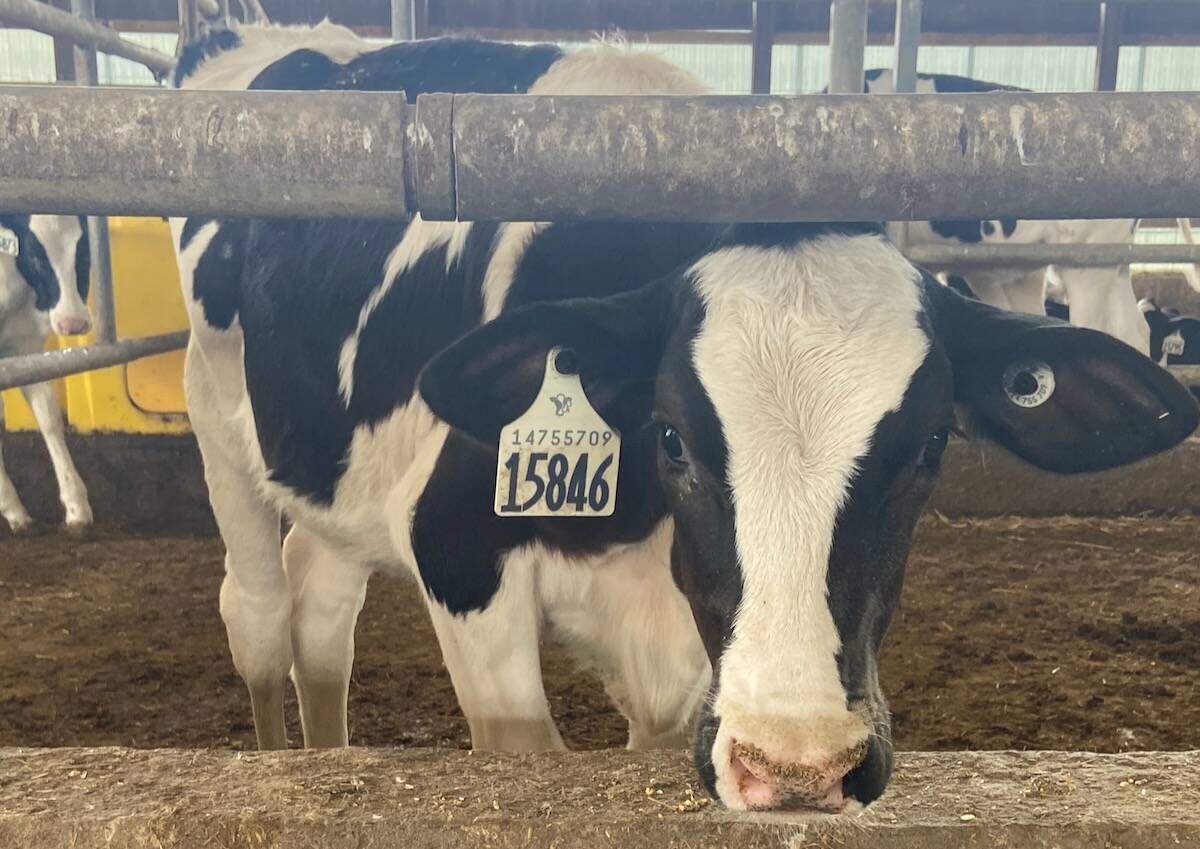U. S. hog producers will import wheat from Britain and Brazil due to the high cost of U. S. corn and feed grain, said Don Butler, spokesman for Murphy-Brown, the hog-raising unit of Smithfield Foods Inc.
Hog producers will also import a cargo of wheat middlings, a by-product of milling, from Nigeria, he said Nov. 24. The United States is the world’s largest wheat exporter and it is rarely economical to import feed grain. However, a dramatic drop in ocean freight has made foreign wheat more economical than U. S. supplies, Butler said.
Read Also

Rural municipalities push legalization of raw milk onto provincial agenda
Drinking raw milk comes with numerous risks, but proponents of a proposed amendment to Alberta’s Food and Drug Act say legalizing its sale could be a boon for small farms in the province.
The first two vessels will arrive in Wilmington, North Carolina, in the first week of December. The other shipments will arrive in January and February. Two cargoes will be from Britain and one cargo from Brazil, which imported U. S. wheat earlier this year when supplies were not available from neighboring Argentina.
The amount of wheat in each cargo was not specified.
Wheat cargoes are normally 25,000 to 55,000 tonnes, depending on the size of the vessel.
Murphy-Brown and Smithfield are part of Wilmington Bulk LLC,
a consortium of hog and poultry producers that also includes Nash Johnson & Sons and Prestige Farms Inc. Wilmington Bulk last imported grain about two to three years ago, Butler said.
“The shipment of wheat will offer us an alternative to very expensive corn,” he said. “I can’t get into specifics but it’s not an insignificant volume.”
U. S. meat producers have struggled this year with high prices for feed and fuel and the inability to raise meat prices quickly enough given the economic slowdown.
U. S. corn and wheat prices hit record highs earlier this year on demand for alternative fuels made from grain and crop production problems in parts of the world. Prices have since fallen more than 60 per cent for wheat and 55 per cent for corn.
However, U. S. wheat remains among the most expensive in the world, with cheaper supplies available from both Europe and the Black Sea region.














